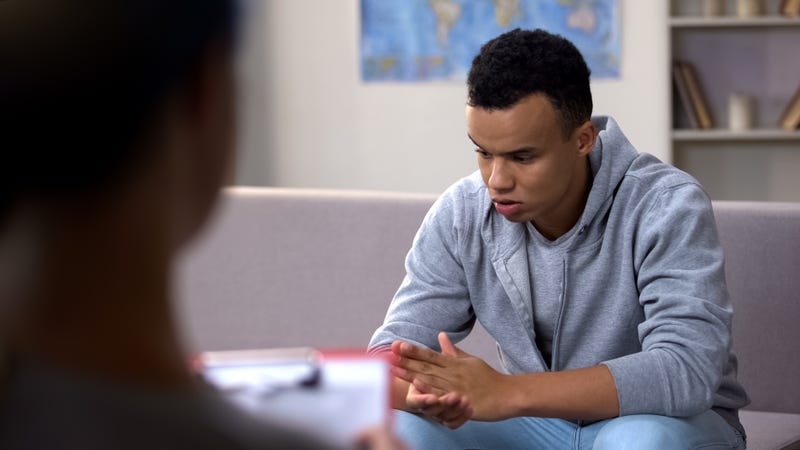
PHILADELPHIA (KYW Newsradio) — In 2020, firearms-related injuries, including accidents, homicides and suicides, surpassed car crashes as the leading cause of deaths among children and adolescents. The Pennsylvania House Children and Youth Committee took a look at the effects gun violence is having on children — both mentally and physically — at a hearing on potential solutions.
Joel Fein, co-director of Children’s Hospital of Philadelphia’s Center for Violence Prevention, says they have seen a doubling of gunshot injuries in the past two years. He says many of those are accidental — kids getting ahold of guns they are not supposed to have access to.
“The research have shown educating kids is not not going to work. Kids will find the gun. They will play with it, regardless of what the parent says, regardless of the education that that child has received,” he said.
Fein says the mental health aspect of gun violence is often underplayed.
“Those who had a gunshot occur, regardless of who it was involving, within an eighth-mile of their home, had twice the risk of having a mental health visit to our emergency department within the next month,” he said.
Jenny Dee, with CHOP’s Department of Child and Adolescent Psychiatry and Behavioral Sciences, says it’s hard to find mental health treatment for kids in Pennsylvania.
“In [Pennsylvania], for example — there are only 18 child and adolescent psychiatrists for every 100,000 kids,” Dee said. “You can do the math quickly there that shows that there's just not nearly enough services and clinicians in place.”
That means many cases are missed until they end up in emergency care.
“We might have anywhere between 20 and 40 kids on any given day at CHOP who are essentially boarding — to keep them safe, to keep them fed, to keep them from harming themselves — as we wait for placement in the right level of care,” Dee said.
Proposed solutions include figuring out better ways to fund and address youth mental health, promoting safe gun storage, and so-called “red flag” laws, which allow law enforcement to temporarily remove someone’s guns if they are declared a danger to themselves or others.


